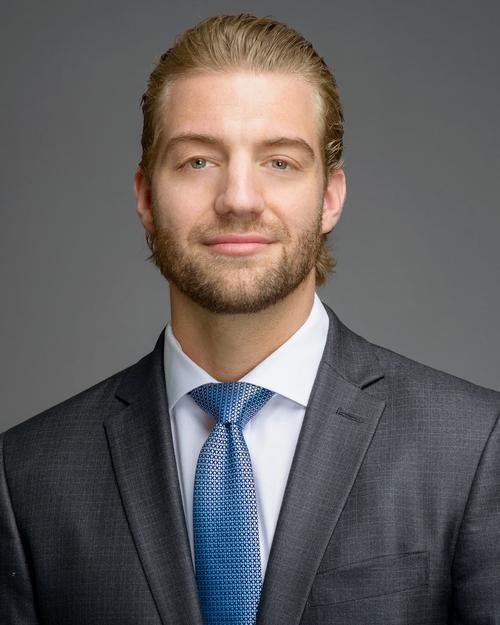Now Is the Time to Report Your Orlando Truck Accident
 Being involved in a commercial truck wreck can be a traumatic and complex event. Truck accidents often result in catastrophic injuries, significant property damage, and extensive legal consequences. If you find yourself involved in such an accident in Orlando, Florida, it is crucial to understand the legal requirements for reporting the incident and taking the necessary steps, such as consulting our skilled Orlando truck accident lawyers to ensure the accident is properly documented.
Being involved in a commercial truck wreck can be a traumatic and complex event. Truck accidents often result in catastrophic injuries, significant property damage, and extensive legal consequences. If you find yourself involved in such an accident in Orlando, Florida, it is crucial to understand the legal requirements for reporting the incident and taking the necessary steps, such as consulting our skilled Orlando truck accident lawyers to ensure the accident is properly documented.
Florida Accident Reporting Requirements
There are specific laws and regulations regarding reporting accidents in Florida, including those involving commercial trucks. According to Florida Statute 316.066, the driver of any vehicle involved in an accident that results in injury, death, or property damage exceeding $500 must report the accident to the appropriate authorities. This applies to both passenger vehicles and commercial trucks.
It's important to note that accidents involving commercial trucks often result in property damage exceeding $500, making them subject to mandatory reporting. Failing to report an accident can lead to legal consequences, including fines and potential criminal charges.
What to Do After an Orlando Truck Crash
If you’re involved in a commercial truck accident in Orlando, you should take the following steps before seeking compensation:
- Ensure safety. It is essential to ensure the safety of everyone involved in the crash. If anyone is hurt or you are in an area where a secondary accident is likely, call 911.
- Contact law enforcement. Call the local law enforcement agency to report the accident. The responding officers will assess the situation, document the accident, and create an official report.
- Provide information. Cooperate with the police officers and provide all necessary information, such as your identification, insurance details, and a statement about the accident.
- Document the scene. If you can do so safely, document the accident scene by taking photographs of vehicle damage, road conditions, and any relevant traffic signs or signals to use as evidence for your case.
- Exchange information. Exchange contact and insurance information with the trucker, if you are both physically able to do so. Be sure to obtain the truck driver's commercial vehicle information, including the company's name and insurance details.
- Seek medical attention. Even if you feel fine initially, it’s a good idea to seek medical attention because some injuries may not manifest immediately.
Call the Police and Get a Copy of the Police Report
Contacting the police is a crucial step when reporting a commercial truck accident. The responding officers will create an official police report detailing the specifics of the accident. This report includes information about the involved parties, witnesses, the accident's location, and any potential contributing factors.
Obtaining a copy of the police report is important for filing an insurance claim or pursuing a legal case. To obtain a copy of a Florida police report, you have a few options. You can get a copy of the report by mail, in person, or online through the FLHSMV Crash Portal. Be aware that it can take about ten days for the police report to become available.
How a Lawyer Can Help After a Truck Wreck
Engaging a skilled lawyer following a commercial truck accident in Orlando can be beneficial in several ways:
- Legal experience. An Orlando truck accident lawyer can guide you through the complicated legal process and ensure that you meet all reporting requirements under Florida law.
- Investigation. Attorneys have the resources and experience to thoroughly investigate the commercial truck accident, collecting evidence such as witness statements, surveillance footage, and expert opinions to establish liability.
- Proper documentation. Truck accident lawyers understand the importance of documenting the accident correctly. They can help you gather and preserve essential evidence, ensuring that all details are accurately recorded.
- Negotiations with insurers. Your attorney can negotiate with insurance companies on your behalf, working to secure fair compensation for your injuries, medical expenses, property damage, and other losses.
- Legal representation. If a lawsuit becomes necessary, a lawyer will represent you and advocate for your fair recovery in court.

